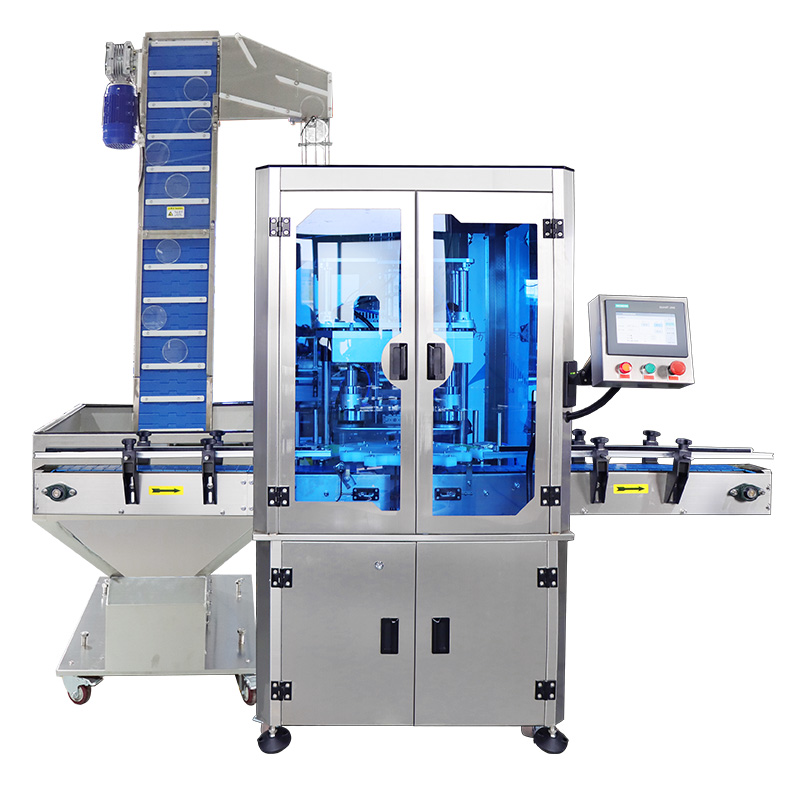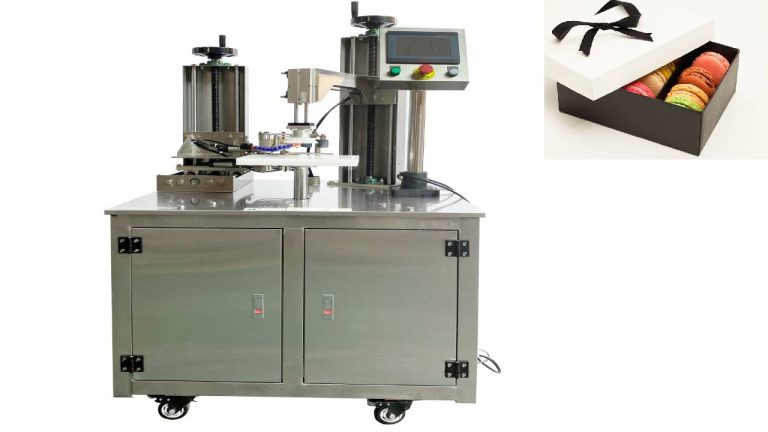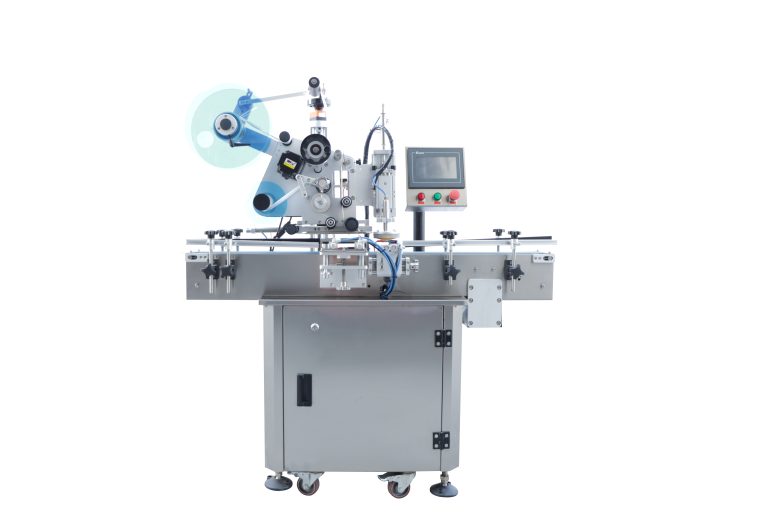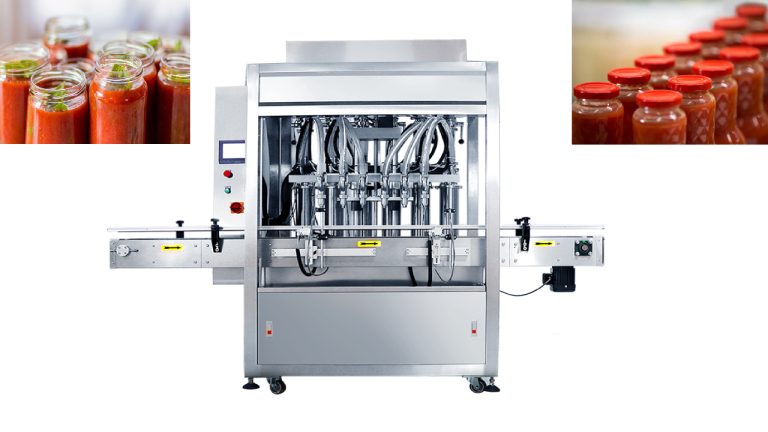Advancements in Automatic Capping Technology
Automatic capping machines have become an essential component in the packaging industry, streamlining the process of sealing containers with caps or lids. These machines have revolutionized the way products are packaged, providing efficiency, accuracy, and consistency in the capping process. As technology continues to advance, the future of automatic capping machines looks promising, with new innovations and features being introduced to meet the evolving needs of the industry.
One of the key advancements in automatic capping technology is the integration of smart sensors and automation systems. These sensors are designed to detect the presence of containers and caps, ensuring that the capping process is carried out accurately and efficiently. Automation systems, on the other hand, enable the machines to adjust settings and parameters based on the type of container and cap being used, further enhancing the precision and reliability of the capping process.

Another significant development in automatic capping technology is the introduction of servo-driven capping heads. These capping heads are equipped with servo motors that provide precise control over the torque applied to the caps, ensuring that they are sealed securely without damaging the containers. This level of control allows for a wider range of cap sizes and materials to be used, making the machines more versatile and adaptable to different packaging requirements.
Furthermore, advancements in automatic capping technology have also led to the development of modular capping systems. These systems are designed to be easily customizable and scalable, allowing manufacturers to configure the machines according to their specific needs and production requirements. This flexibility enables companies to optimize their capping processes and improve overall efficiency and productivity.
In addition to these technological advancements, the future of automatic capping machines also includes the integration of Industry 4.0 technologies such as Internet of Things (IoT) and artificial intelligence (AI). These technologies enable real-time monitoring and data analysis of the capping process, providing valuable insights into machine performance, maintenance needs, and production trends. By leveraging these technologies, manufacturers can optimize their capping operations, reduce downtime, and improve overall quality control.
As the demand for automation and efficiency in the packaging industry continues to grow, the future of automatic capping machines looks bright. With advancements in technology driving innovation and improvements in machine capabilities, these machines are poised to play a crucial role in the evolution of packaging processes. From smart sensors and servo-driven capping heads to modular systems and Industry 4.0 integration, automatic capping machines are set to revolutionize the way products are packaged, ensuring consistency, reliability, and quality in every sealed container.
In conclusion, the future of automatic capping machines in the packaging industry is promising, with new advancements and technologies shaping the way products are sealed and packaged. As manufacturers continue to invest in automation and efficiency, these machines will play a vital role in streamlining production processes, improving quality control, and meeting the evolving needs of the industry. With innovation driving progress, automatic capping machines are set to become an indispensable tool for companies looking to enhance their packaging operations and stay ahead of the competition.







